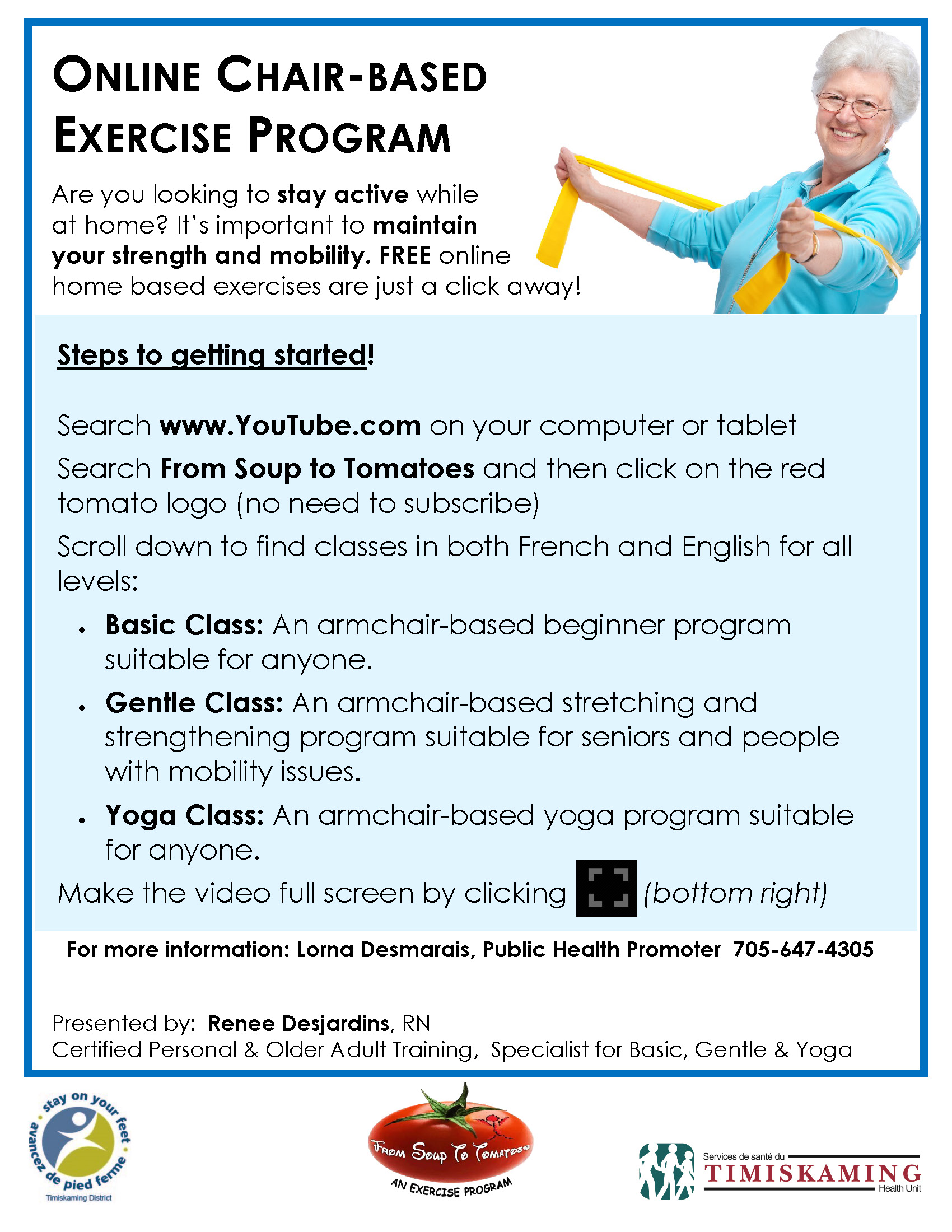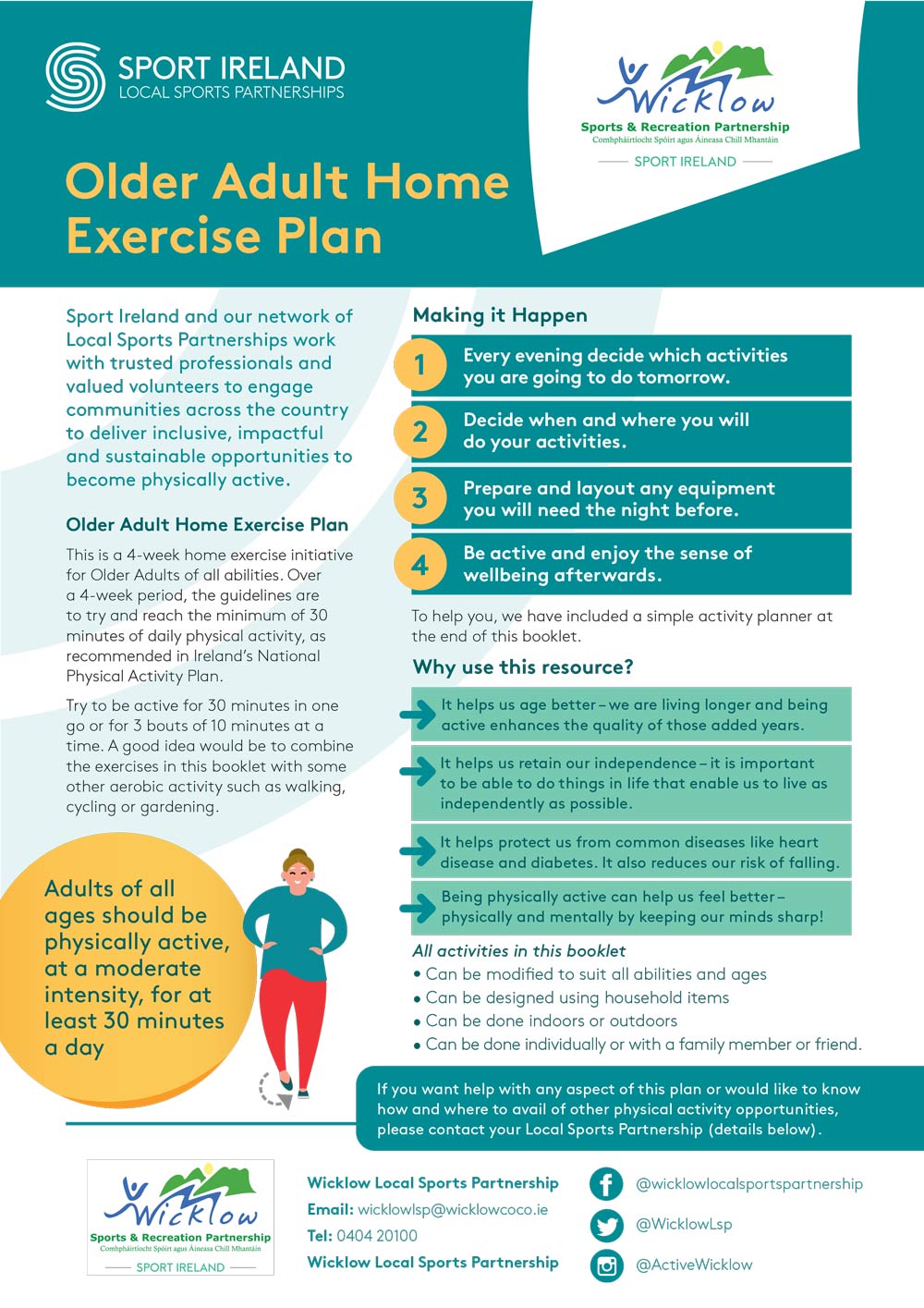![PDF] The Canadian Centre for Activity and Aging's Home Support](https://d3i71xaburhd42.cloudfront.net/48435b87b6fd94c940c76c26d369743583af27c6/1-Figure1-1.png)
PDF] The Canadian Centre for Activity and Aging's Home Support
The older homebound adult is more likely to live alone, have mobility limitations, experience incontinence problems, and be considered at high risk for falling and fear of falling, as well as more likelyto receive home support services. “Homeboundness” is defined as never or almost never leaving one’s home except for emergencies, not going beyond one’s door without assistance, or going out of one’s home less than once a month, and it is estimated to affect as much as 50% of the population who are 85+ years old. 1 The older homebound adult is more likely to live alone, have mobility limitations, experience incontinence problems, and be considered at high risk for falling and fear of falling, as well as more likely to receive home support services. 2 Frail seniors living at home are particularly difficult to reach and are at high risk for loss of functional independence and for institutionalization. 3

Active at Home Resources - Canadian Centre for Activity and Aging
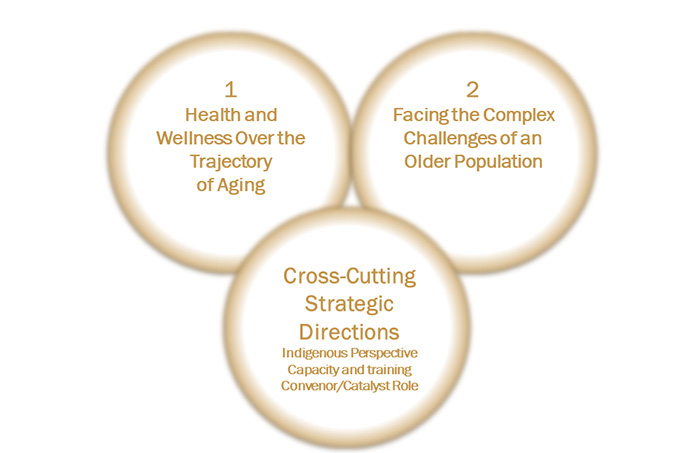
CIHR Institute of Aging Strategic Plan 2019-2021: Living Longer

Healthy Aging Programs for Seniors

Aging in Place: Growing Older at Home
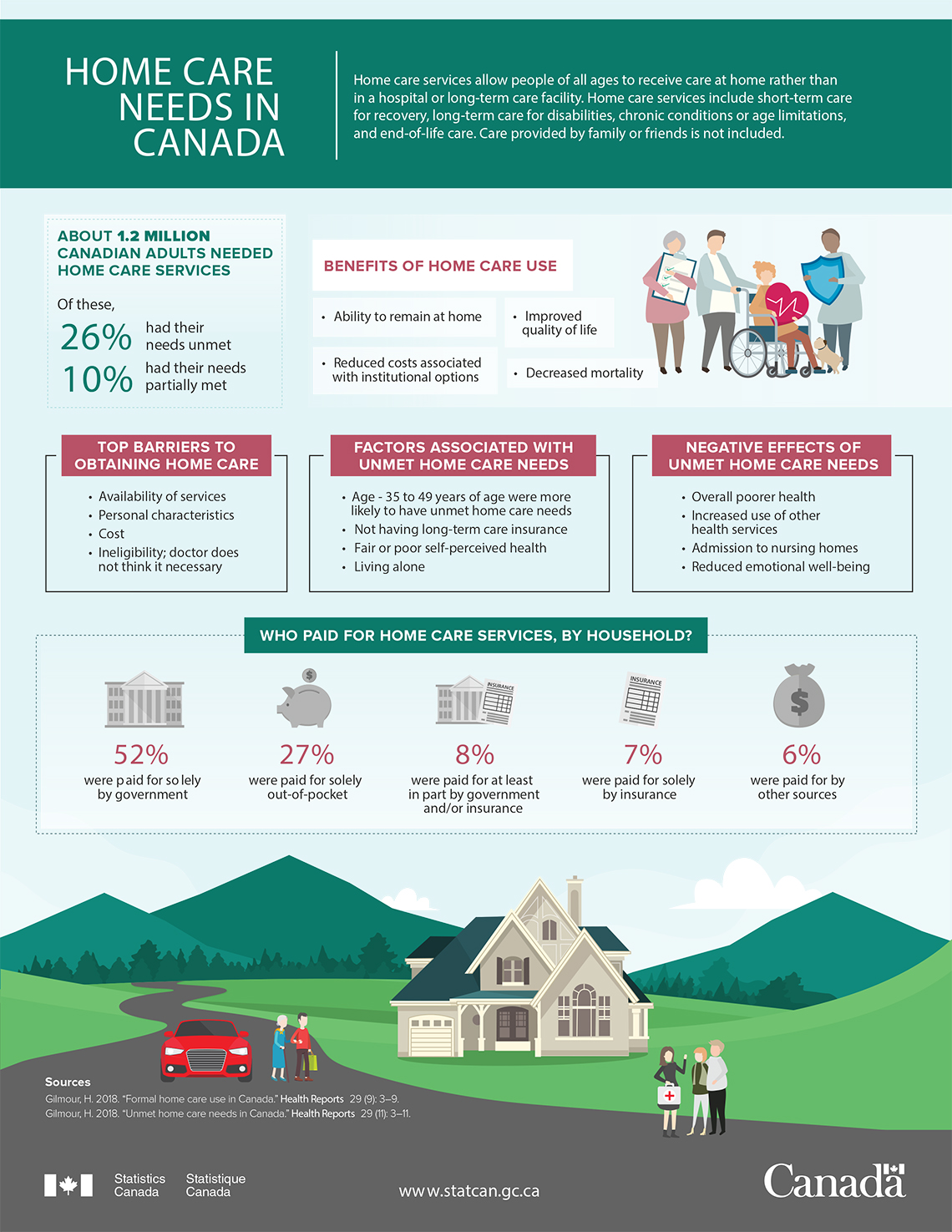
Industry Overview: Home Care Providers in Canada

Canadian Centre for Activity and Aging - Western University
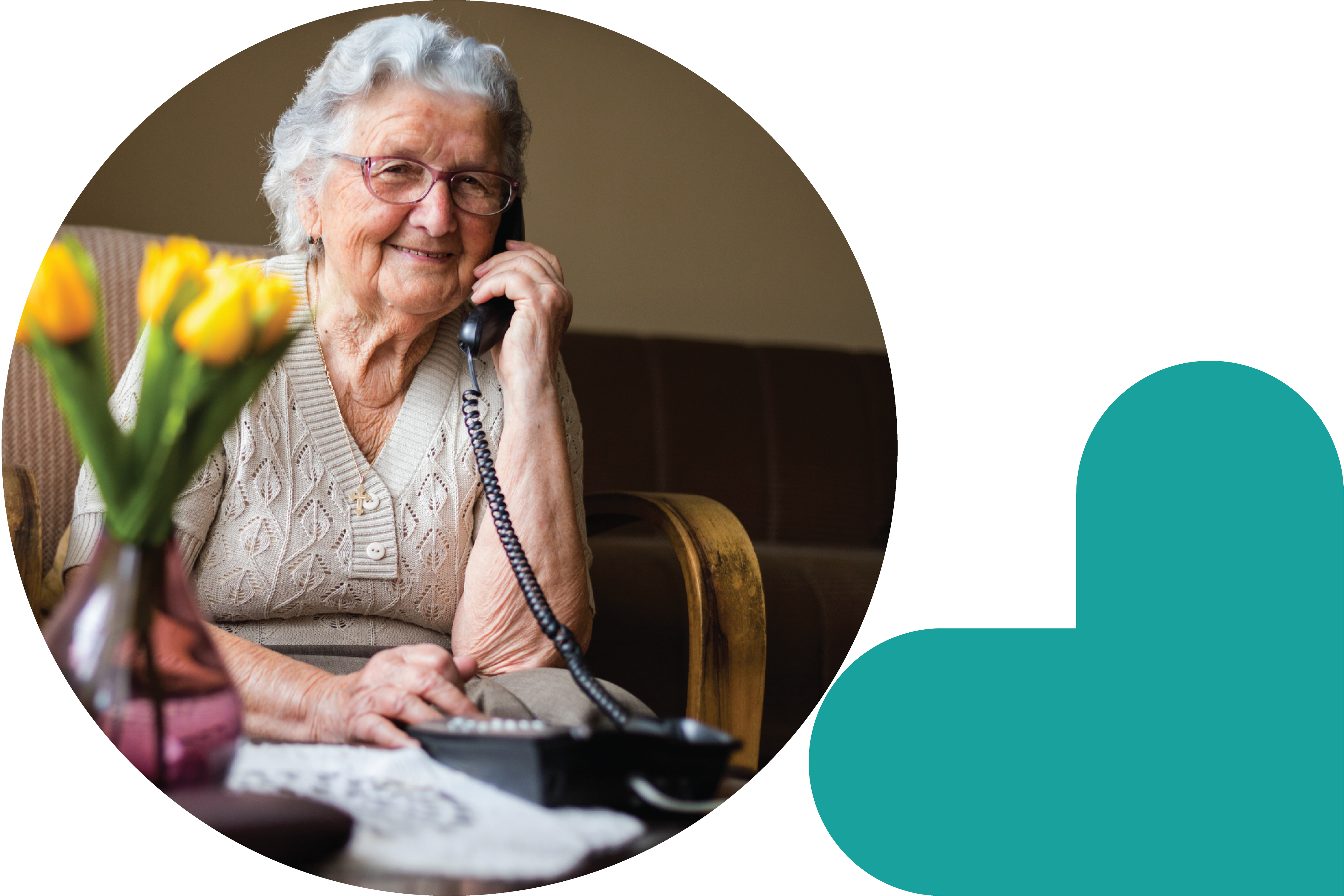
Advancing Frailty Care in the Community

Active Living For Aging Adults

Home and Community Support Services - Maamwesying

Older Adult 55+ Programs

Canadian Centre for Activity and Aging - Western University

Assessing Cash-for-Care Benefits to Support Aging at Home in Canada

